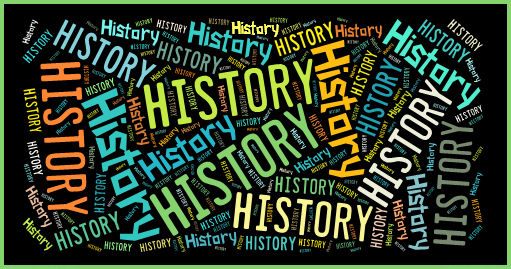This book critique was written by Alice Tran in her History 148: United States History III course in Fall 2015.
Hunt, Michael H. Lyndon Johnson’s War: America’s Cold War Crusade in Vietnam, 1945-1968. New York: Hill and Wang, 1996.
The Vietnam War. Each time these three words are mentioned, nearly every single history-educated American can seem to flashback to this time as it played such a large role in the history of the United States. In Michael H. Hunt’s Lyndon Johnson’s War: America’s Cold War Crusade in Vietnam, 1945-1968, the subject of US involvement in the Vietnam War comes to surface as the main idea throughout the book. Within just over a hundred pages, Hunt provides a deep yet precise analysis of how the United States became drawn into the conflict in Vietnam providing the reader with personal stories, political analysis, and an interesting view on the whole scenario.
Hunt uses his experiences in Vietnam to comprehend both sides of the war. Since his dad was stationed in Saigon for a few years, he lived in the streets alongside the Vietnamese and saw the whole war in an unbiased and different perspective compared to those in America. The reader is given information that is analyzed by Hunt throughout his extensive research following the years he had lived in Vietnam as well as the United States in being American. He begins his study with an overview of Lederer and Burdick’s The Ugly American and examines the American attitude of insensitivity to different nationalities. The Vietnam War, for example, was a war fought between the Vietnamese communist and the non communist Vietnamese. Hunt states throughout the study that the war had already been interfered by the French who had failed, yet the Americans still decided to interfere with the war only to create larger problems. This subject of unnecessary involvement is a key idea of the book and is even evident in the title of the chapters. In one chapter named, “That Bitch of a War”, Hunt emphasizes the meaning behind the title of the book, Lyndon Johnson’s War, since Johnson himself came to view the Vietnam war not just as a war the Americans were helping out with, but a war that the Americans fought. Johnson calls the war a foul name which in turn implies to the reader that the war was something annoying to the US at the time as well.
Michael H. Hunt analyzes the entirety of US involvement in the Vietnam War with a newfound perspective. He ends the book with the conclusion that the high ego of the United States that lasted from the end of World War II as well as the fear of communism from disputes with the Soviet Union in end, triggered the United States to become involved in an at-risk communist country. Hunt’s impeccable wording and analysis provides the reader with astonishing insights and writes with care on the topic with precision and a mainly unbiased tone. Michael H. Hunt’s Lyndon Johnson’s War: America’s Cold War Crusade in Vietnam, 1945-1968 is a fantastic pick for any reader that values deep analysis and an intriguing research basis.
Last Updated January 7, 2022
